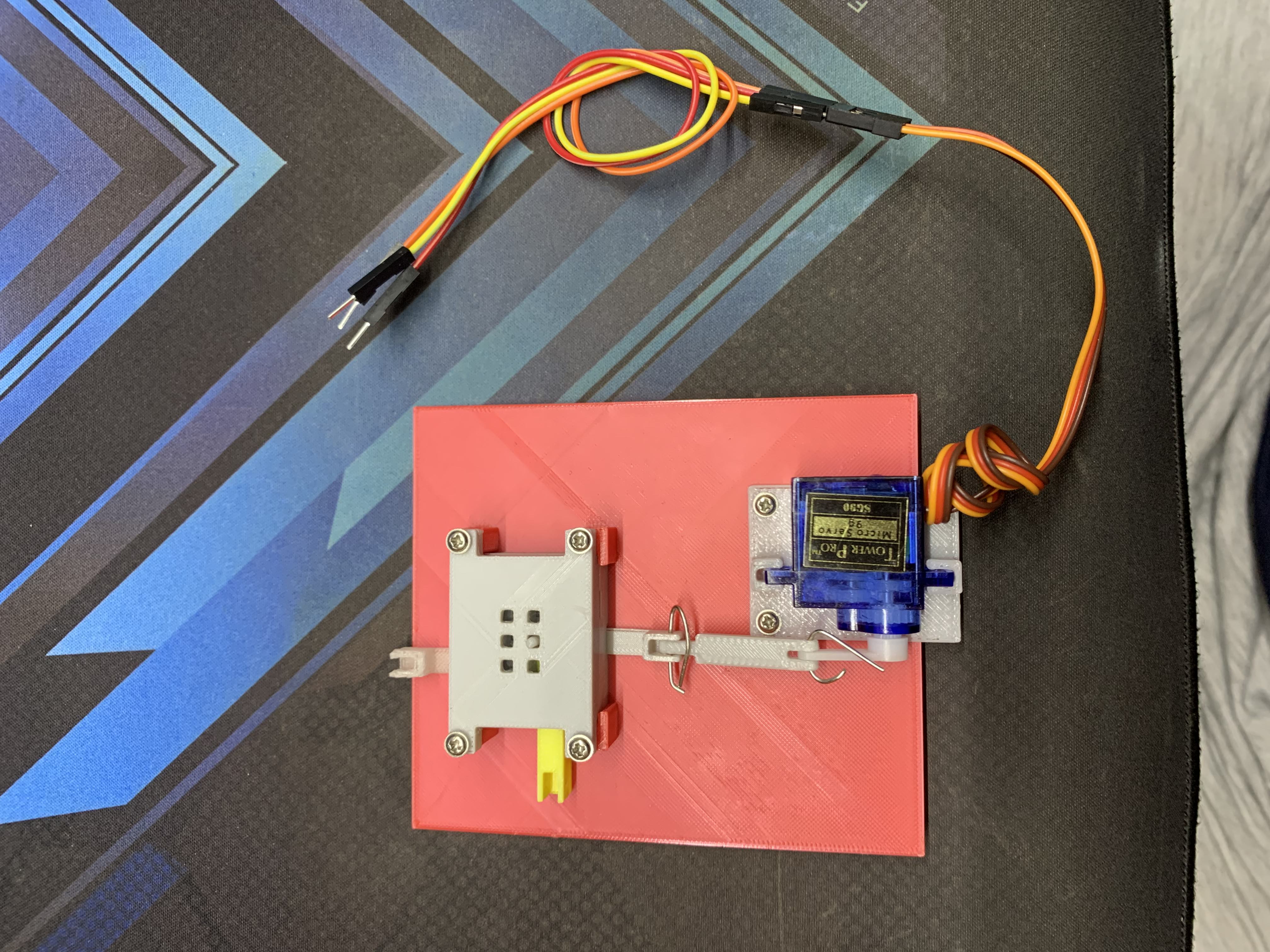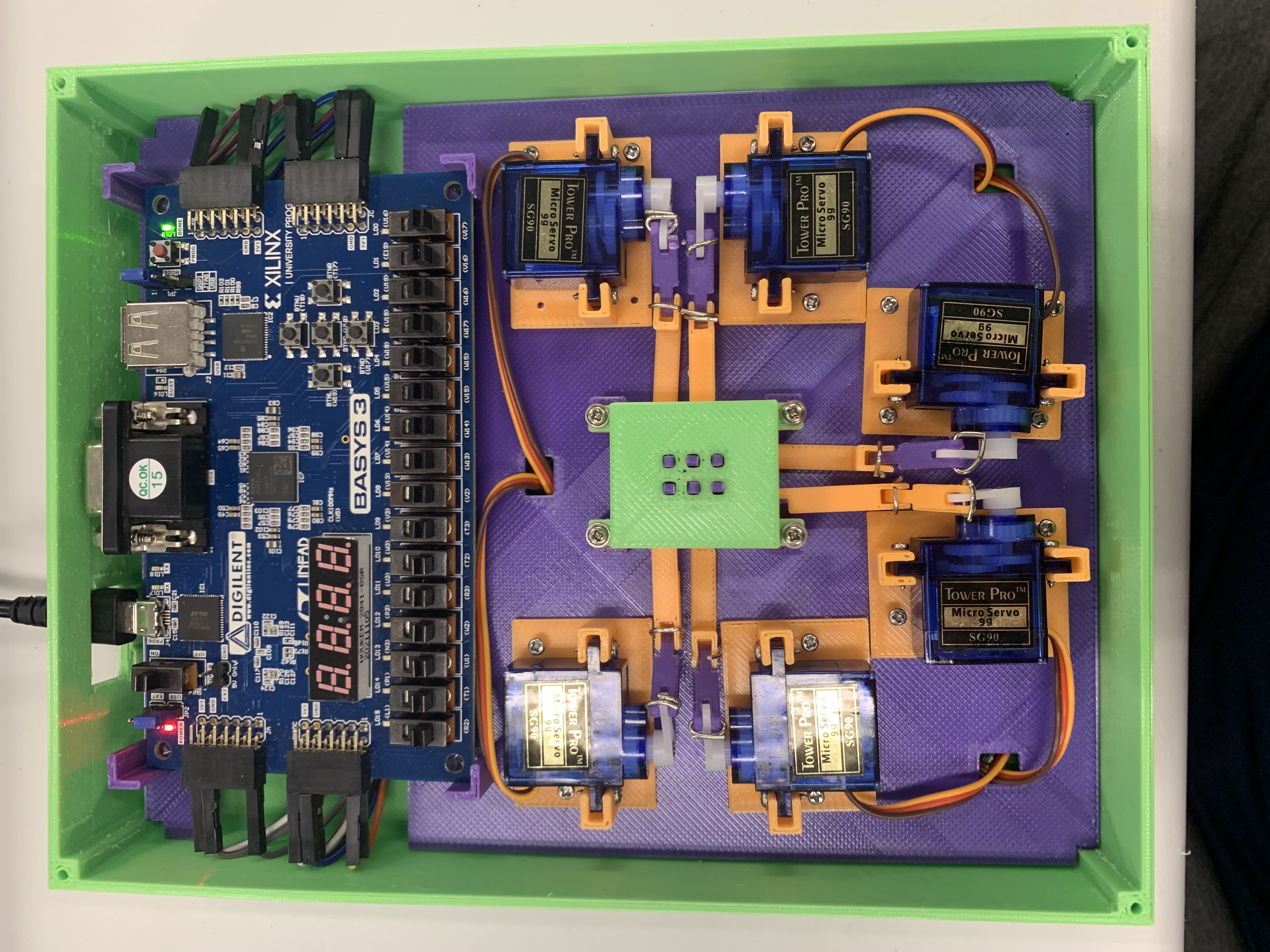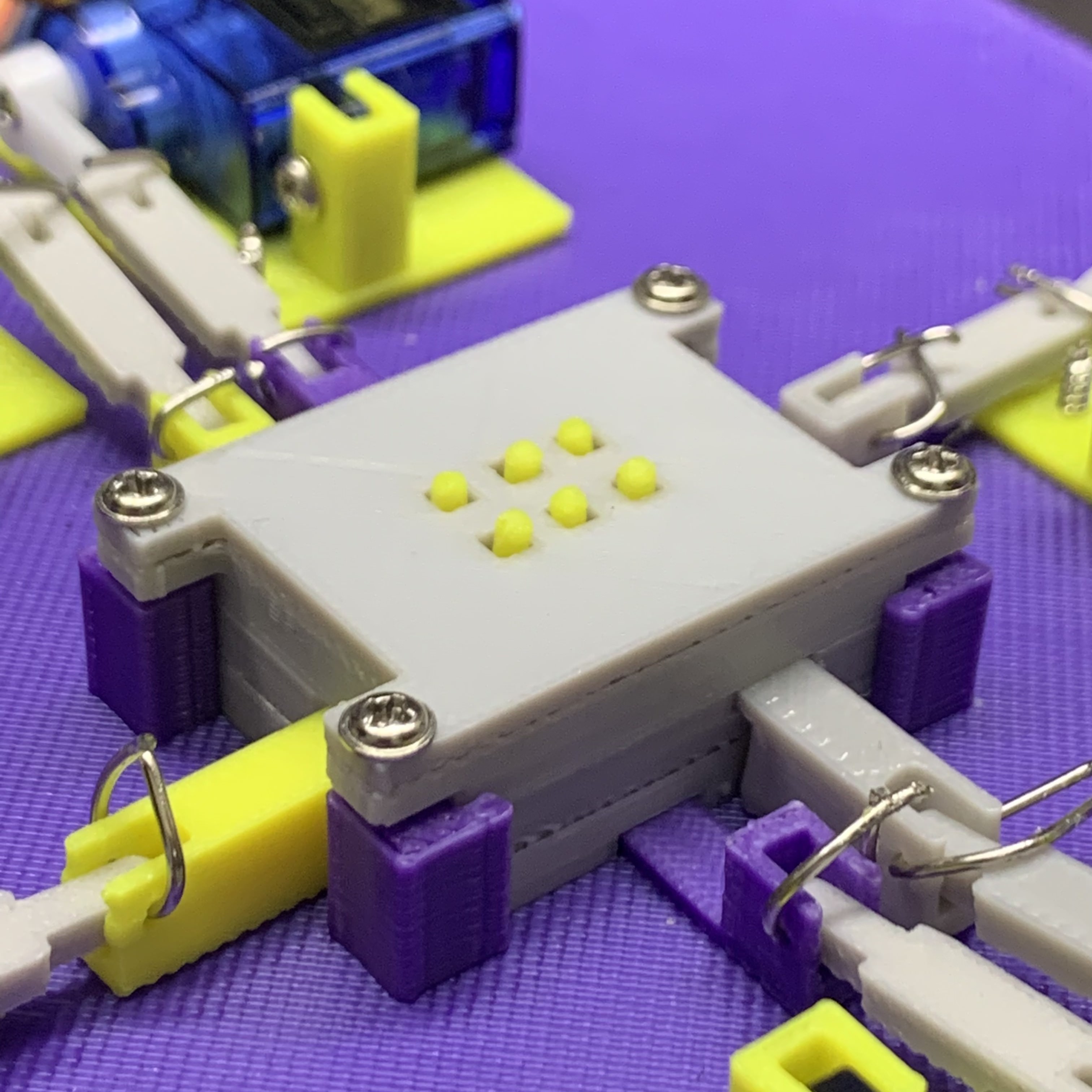Dennis Wong Guan Ming 黃冠銘
The Hong Kong University of Science and Technology
(BEng in Electronic Engineering)
Email: denniswong178@gmail.com | Phone(HK): +852 56602300 | Phone(MY): +60 11-11469306
Dennis Wong Guan Ming 黃冠銘 The Hong Kong University of Science and Technology Email: denniswong178@gmail.com | Phone(HK): +852 56602300 | Phone(MY): +60 11-11469306 |
| No. | Course | Description |
|---|---|---|
| 1. | ELEC4900: Final Year Design Project FPGA-Controlled Single Refreshable Braille Character |
Project Poster Project Abstract Demo Video FYP Award Github |
| 2. | EE2026: Digital Design - Digital Sound Level Meter | Project Report Demo Video Github | 3. | ELEC3300: Introduction to Embedded Systems - Arcade System | Demo Video |


